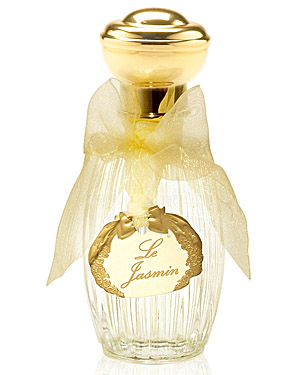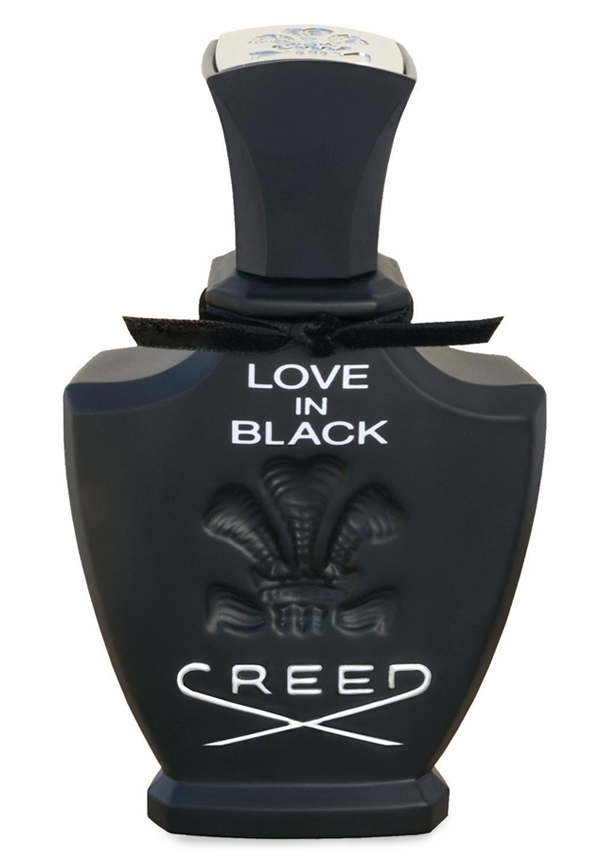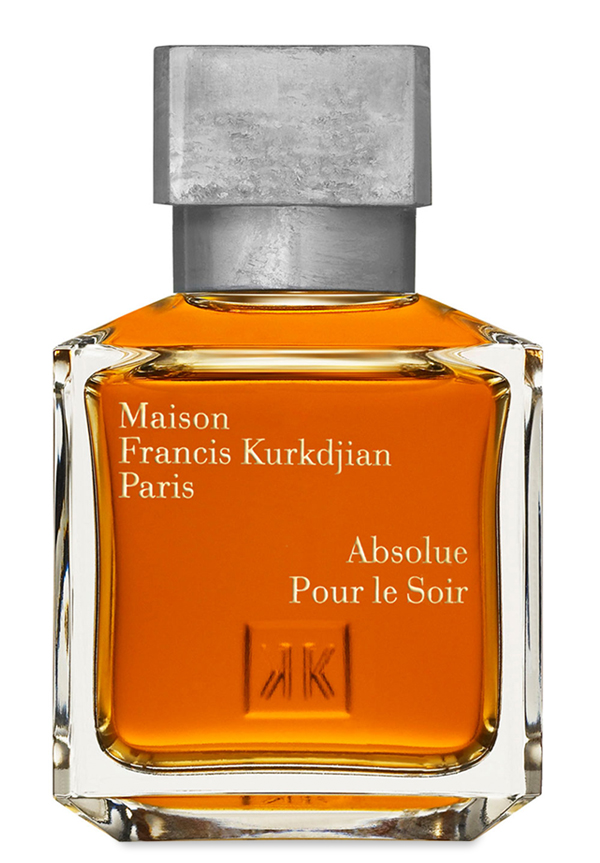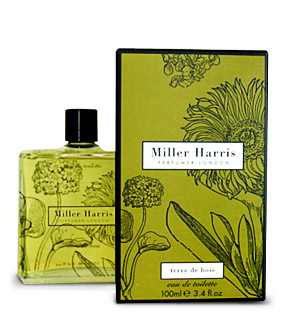In some ways the use of citrus notes in perfume is so ubiquitous. We almost take it for granted that an opening in a perfume will contain a citrus accord of some sort. Yet very seldom are we able to define it, or at least I'm not. For example, I often write down, when trying to document a fragrance on my skin, "starts with a burst of citrus", or "a vague citrus note", or something equally mundane. I'm not quite sure, but I think a lot of us are lead to believe that a citrus note is merely a bridge to something more important or profound, where the star players come to the fore. Is this because we think citrus smells are simple?
Which brings me to the main topic of this post - oranges and marmalade. On paper, marmalade is quite simply an orange or other citrus jam, or to list the ingredients at their most basic, orange rind, water and sugar. And yes, that is all that there is to it! But I defy anyone who has made or eaten marmalade to claim that it smells or tastes simple. January is the month for buying Seville oranges, used to make proper, bitter marmalade. I make jars of this stuff at this time of year, snapping up any that come to our local greengrocer. As some of you may know, certainly in this part of the world at least, Seville oranges have a very short season, usually hitting the shops in early January and gone before the month is out. My recipe for marmalade is simple. I simmer the oranges whole until they are softened and have collapsed slightly, then cut open, scooping out all the fruit, seeds and pith. I then slice the rinds thinly, and bring to the boil in the cooking liquor with a muslin bag full of some of the reserved seeds (pectin for set). I then add the sugar and boil until a jammy consistency and bottle. Voila - simple! I should point out that when it comes to jams and preserves I prefer less sugar. I hate cloyingly sweet jams, and much prefer the fruit to stand out, with that delicious tang to the extent that the sugar is only just enough to counterbalance the acidity. I also dislike a very set jam. Jam aficionados seem obsessed with the set, whereas I prefer my jam to be more like a conserve, ever so slightly runny. I can't stand trying to spread a jam that is more like toffee or a fruit cheese.
But getting back the the smell - to me there is something so satisfying about the smell of simmering Seville oranges. They fill my house with a wonderful aroma of citrus that is at once both very citrusy and yet surprisingly sweet. The smell is a little like that when making caramel, which might be the sugars in the fruit dissipating into the water. What amazes me most is that cooking Seville oranges smell so aromatically sweet, yet when you taste the water or their skins, the result is the most bitter taste you can find. No wonder then that you need to add loads of sugar to counteract that bitterness. Like a lot of things in life, everything needs a balance, a counterpoint, a yin and yang. The delight of eating marmalade is that contrast yet balance of bitter aromatic fruit and satisfying caramel sweetness. And the delight of making marmalade is taking a fruit that is inedible in its raw state and turning it into a culinary marvel, at least in my eyes.
So to my final point - the smell and taste of marmalade is very complex to me, and that proves that citrus can be a complex smell, so why not in perfumery? I'm sure there are orange perfumes out there that are complex and wonderful, and I expect you to tell me which they are!
Image credit - http://d2eosjbgw49cu5.cloudfront.net/liketocook.com/





















